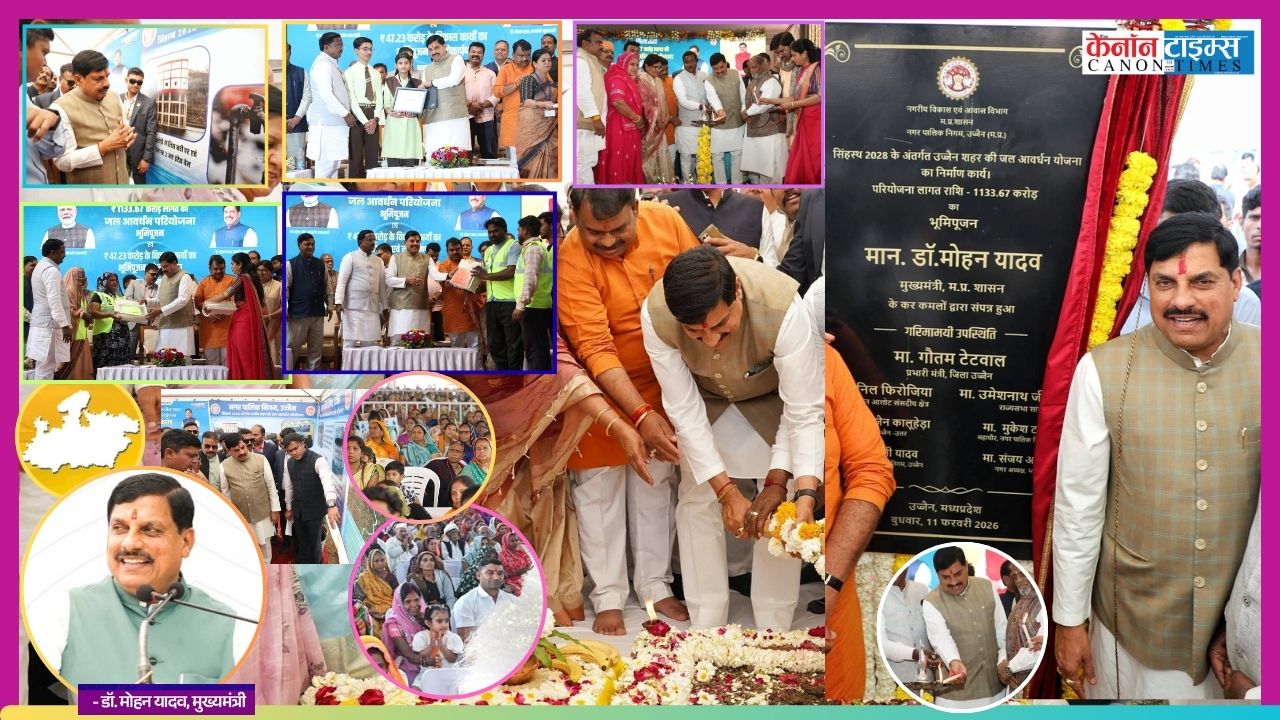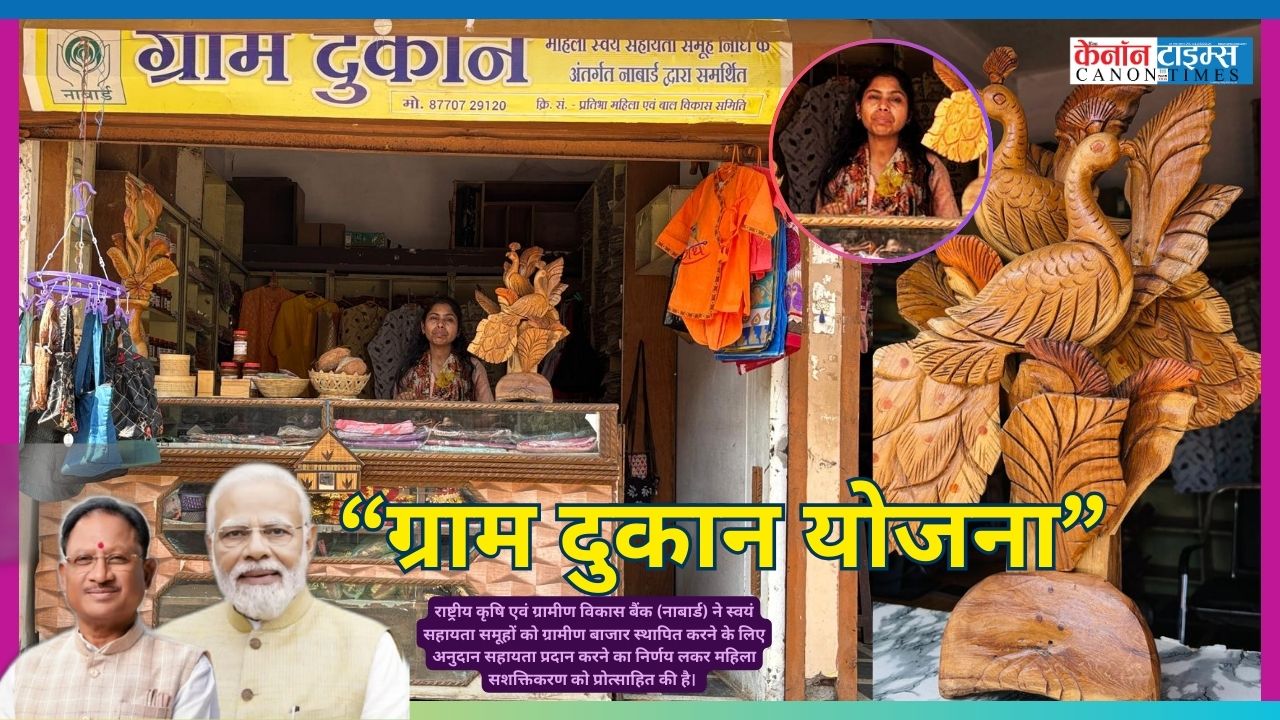The Supreme Court has taken a commendable step by issuing a directive to all lower courts, restraining them from entertaining petitions that contravene the Places of Worship (Special Provisions) Act, 1991. This landmark legislation, designed to preserve communal harmony, bars any alteration to the status of religious places as they stood on August 15, 1947, barring the exception of the Ram Janmabhoomi-Babri Masjid case, which has since been resolved.
In recent years, however, judicial overreach has threatened the delicate balance this law seeks to maintain. A notable example was the decision by a Varanasi court last year to permit a “scientific survey” of the Gyanvapi Mosque, excluding the wazukhana (ablution area), despite the Act’s clear mandate. When this matter reached the Supreme Court, a bench led by then Chief Justice D.Y. Chandrachud clarified that the Act does not prohibit surveys or studies. This interpretation inadvertently opened the floodgates for frivolous petitions, with lower courts entertaining claims about mosques allegedly built over demolished temples.
The consequences were far-reaching and chaotic. In one instance, a court in Sambhal, Uttar Pradesh, ordered a survey of a protected Mughal-era mosque without prior consultation with mosque authorities. The situation escalated rapidly, resulting in unrest that tragically claimed four lives, including two sole breadwinners of their families. Similarly, in Ajmer, a judge ordered a survey based on an unsubstantiated claim that the revered Dargah Sharif, a site of immense religious significance, was constructed over a temple. Such orders, driven by speculative claims, risk turning the judiciary into a platform for settling historical grievances, thereby eroding communal harmony.
The Places of Worship Act, 1991, was specifically enacted to prevent such discord. It acknowledges the futility and danger of revisiting centuries-old disputes over religious structures. Even governments with a nationalist tilt, such as those led by Atal Bihari Vajpayee and Narendra Modi, have refrained from challenging this legislation, recognizing its critical role in fostering social peace. For over three decades, this law has served as a robust safeguard against religious polarization and potential flashpoints.
India is not a country lacking in religious structures. If new temples, mosques, churches, or gurdwaras are needed, they can be constructed without demolishing existing ones. In a nation where millions struggle daily for essential needs—food, clothing, and shelter—fueling religious disputes only benefits those who profit from discord.
By intervening decisively, the Supreme Court has reaffirmed its role as the guardian of the Constitution and protector of communal harmony. Its directive to the government and other stakeholders to clarify their stance on the Places of Worship Act is a step in the right direction. The apex court must now ensure that this crucial legislation continues to act as a bulwark against forces that seek to divide and disrupt the nation.
India’s progress depends on peace and unity. At a time when the country is poised for economic and social transformation, revisiting old disputes over religious structures is not just counterproductive but also dangerous. The Supreme Court’s recent intervention underscores the importance of prioritizing national harmony over divisive agendas, ensuring that the focus remains on building a future rooted in coexistence and progress.
Author: This news is edited by: Abhishek Verma, (Editor, CANON TIMES)
Authentic news.






